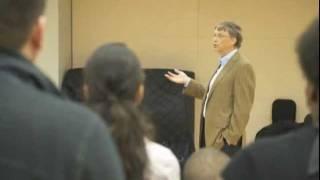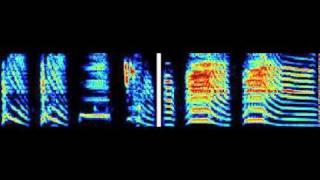Time Travel, Teleportation & Science
Time travel is the concept of moving between different points in time in a manner analogous to moving between different points in space, generally using a theoretical invention, namely a time machine. It has a commonly recognized place in philosophy and fiction, but has a very limited application in real world physics, such as in quantum mechanics or wormholes.
Although the 1895 novel The Time Machine by H. G. Wells was instrumental in moving the concept of time travel to the forefront of the public imagination, The Clock That Went Backward by Edward Page Mitchell was published in 1881 and involves a clock that allowed three men to travel backwards in time.[1][2] Non-technological forms of time travel had appeared in a number of earlier stories such as Charles Dickens' A Christmas Carol. Historically, the concept dates back to the early mythologies of Hinduism (such as the Mahabharata), Buddhism, and Islam through ancient folk tales. More recently, with advancing technology and a greater scientific understanding of the universe, the plausibility of time travel has been explored in greater detail by science fiction writers, philosophers, and physicists.
Teleportation, or Teletransportation, is the theoretical transfer of matter or energy from one point to another without traversing the physical space between them. It has a commonly recognized place in science fiction literature, film, and television, but as yet has a very limited application in real world physics, such as quantum teleportation or the study of wormholes.
Science (from Latin scientia, meaning "knowledge") is a systematic enterprise that builds and organizes knowledge in the form of testable explanations and predictions about the universe. In an older and closely related meaning, "science" also refers to a body of knowledge itself, of the type that can be rationally explained and reliably applied. A practitioner of science is known as a scientist.
In modern usage, "science" most often refers to a way of pursuing knowledge, not only the knowledge itself. It is also often restricted to those branches of study that seek to explain the phenomena of the material universe.
Source : Wikipedia
-
01:00
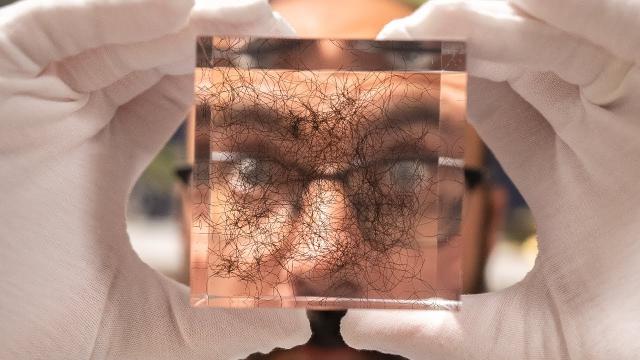
Beard Hair Auction for Charity! #shorts
Added 299 Views / 0 LikesBid on the hairs here: https://www.curiositybox.com/products/vsauce-beard-auction#shorts
-
01:00
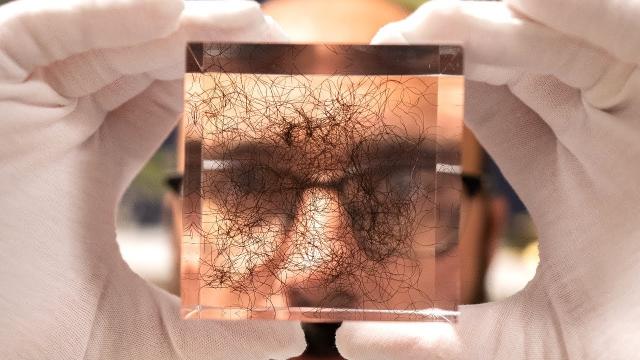
Beard Hairs for Charity!
Added 281 Views / 0 LikesENTER TO WIN HERE: https://www.curiositybox.com/pages/vsauce-beard-cube
-
02:58
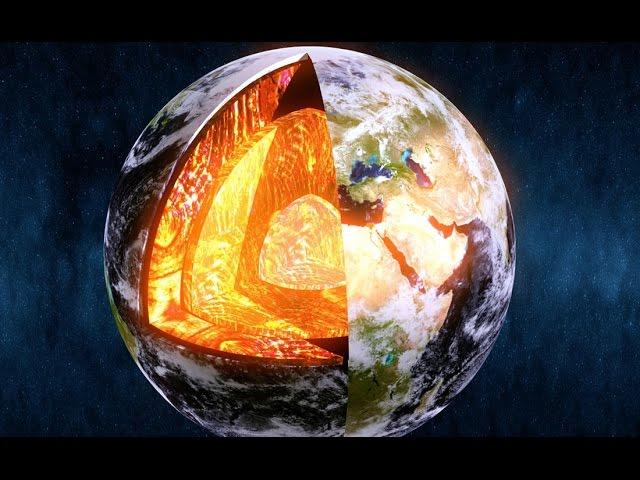
Bedrock weathering based on topography
Added 629 Views / 0 LikesBedrock weathering based on topography
-
04:39

Beethoven, Quarantined
Added 397 Views / 0 LikesDuring the pandemic lockdown, MIT music professor Evan Ziporyn transformed his orchestra class into a remote, online learning experience at lightning speed. Absent the essentials of a space with good acoustics, access to instruments — and the physical pre
-
28:53
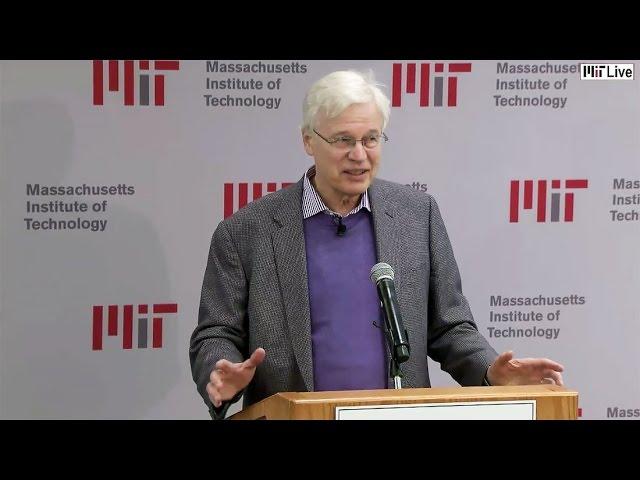
Bengt Holmström wins Nobel Prize in Economic Sciences (full press conference)
Added 697 Views / 0 LikesBengt Holmström wins Nobel Prize in Economic Sciences (full press conference)
-
06:23

Betelgeuse Isn’t Just Dim: It’s Lopsided | SciShow News
Added 470 Views / 0 LikesGet your first audiobook and 2 Audible originals free when you try Audible for 30 days visit https://www.audible.com/scishowspace or text ‘scishowspace’ to 500 500!The constellation of Orion has one shoulder marked by a bright red star called Betelgeuse,
-
2:09:28

Beyond Beauty: The Predictive Power of Symmetry
Added 704 Views / 0 LikesBeyond Beauty: The Predictive Power of Symmetry
-
1:33:30
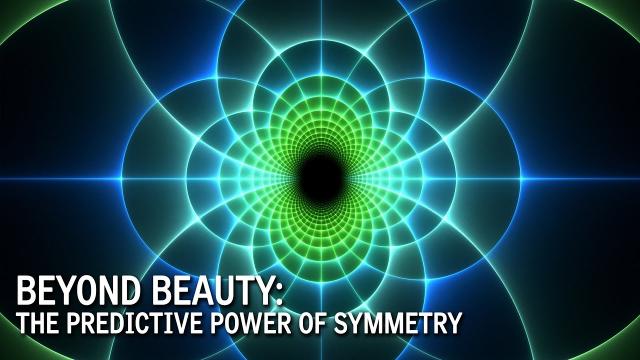
Beyond Beauty: The Predictive Power of Symmetry
Added 619 Views / 0 LikesBeyond Beauty: The Predictive Power of Symmetry
-
30:20
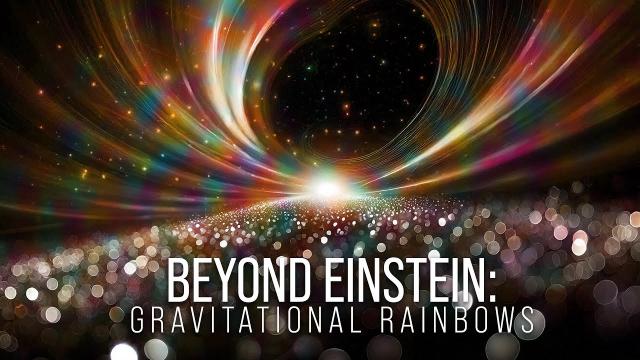
Beyond Einstein: Part One - Gravitational Rainbows
Added 139 Views / 0 LikesBEYOND EINSTEIN is a 3-part series exploring the wondrous implications of gravity pushed to the extreme, tackling dark energy, black holes and white holes. Renowned researchers join Brian Greene to discuss a range of insights–from confirmed to highly spec
-
31:58
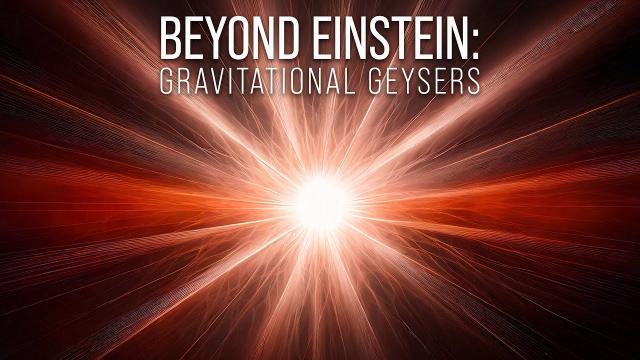
Beyond Einstein: Part Three - Gravitational Geysers
Added 160 Views / 0 LikesPart 3 | Gravitational Geysers: Progress in the last decade has established that black holes are real, but what about their time-reversed cousins, white holes? Renowned physicist and author Carlo Rovelli joins Brian Greene to explore insights into these s
-
35:33
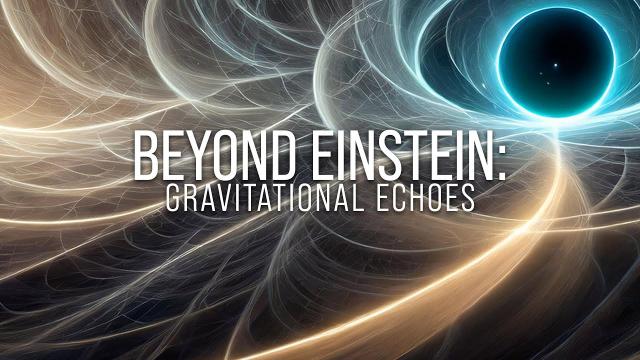
Beyond Einstein: Part Two - Gravitational Echoes
Added 136 Views / 0 LikesPart 2 | Gravitational Echoes: Just as sound waves can echo off a distant rockface, light waves can echo off of black holes. Renowned researchers Erin Kara and Shep Doeleman join Brian Greene to explore the exotic physics that rules all that happens near
-
35:12
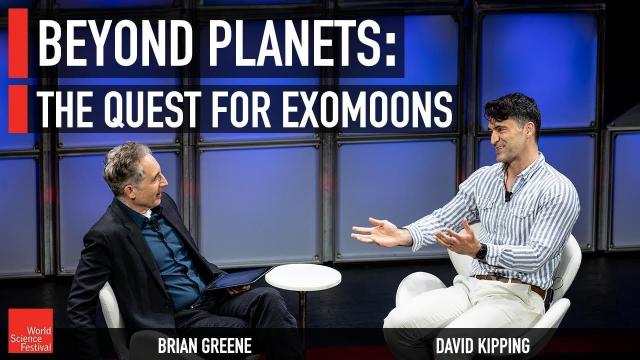
Beyond Planets: The Quest for Exomoons
Added 90 Views / 0 LikesWe've discovered thousands of exoplanets, but what about exomoons? Astronomer David Kipping joins Brian Greene to explore the ongoing search for exomoons—lesser-known, but intriguing potential habitats for life beyond EarthModerator: Brian GreeneParticipa
-
00:52

Beyond words
Added 292 Views / 0 LikesJoshua Bennett is a professor of literature and Distinguished Chair of the Humanities at MIT. Additionally, he is an accomplished spoken word artist and the author of several books. In this episode, he speaks with MIT President Sally Kornbluth about the p
-
00:58

BIG GNUS #shorts
Added 197 Views / 0 Likes50% off your first box with code: FAMILY (72 hours only)Curiosity Box: https://www.curiositybox.com/MEL Science: https://www.melscience.com/curiositybox#shorts
-
00:58
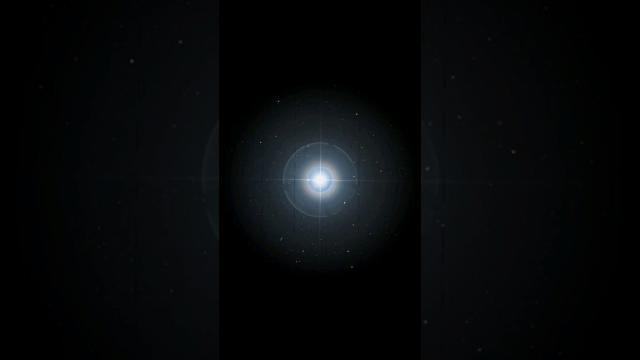
Birthday Stars
Added 143 Views / 0 Likeshttp://freeant.net/birthdaystarSong: "Olive" by Jake Chudnow https://www.youtube.com/watch?v=3QQS8fJqXoI
-
1:59:12
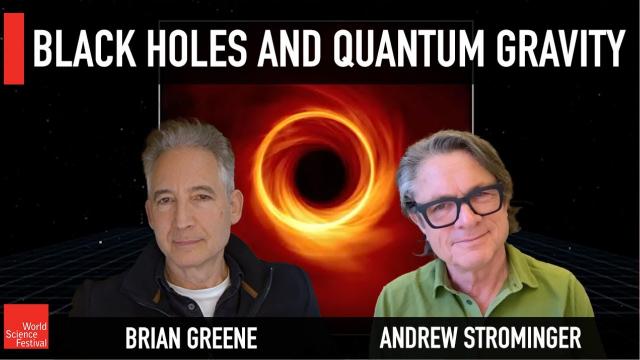
Black Holes and Quantum Gravity
Added 51 Views / 0 LikesAndrew Strominger, renowned for his work on black holes, string theory, and quantum gravity, joins Brian Greene to describe his latest results and how some of them may be testable by future observations.This program is part of the Big Ideas series, suppor



